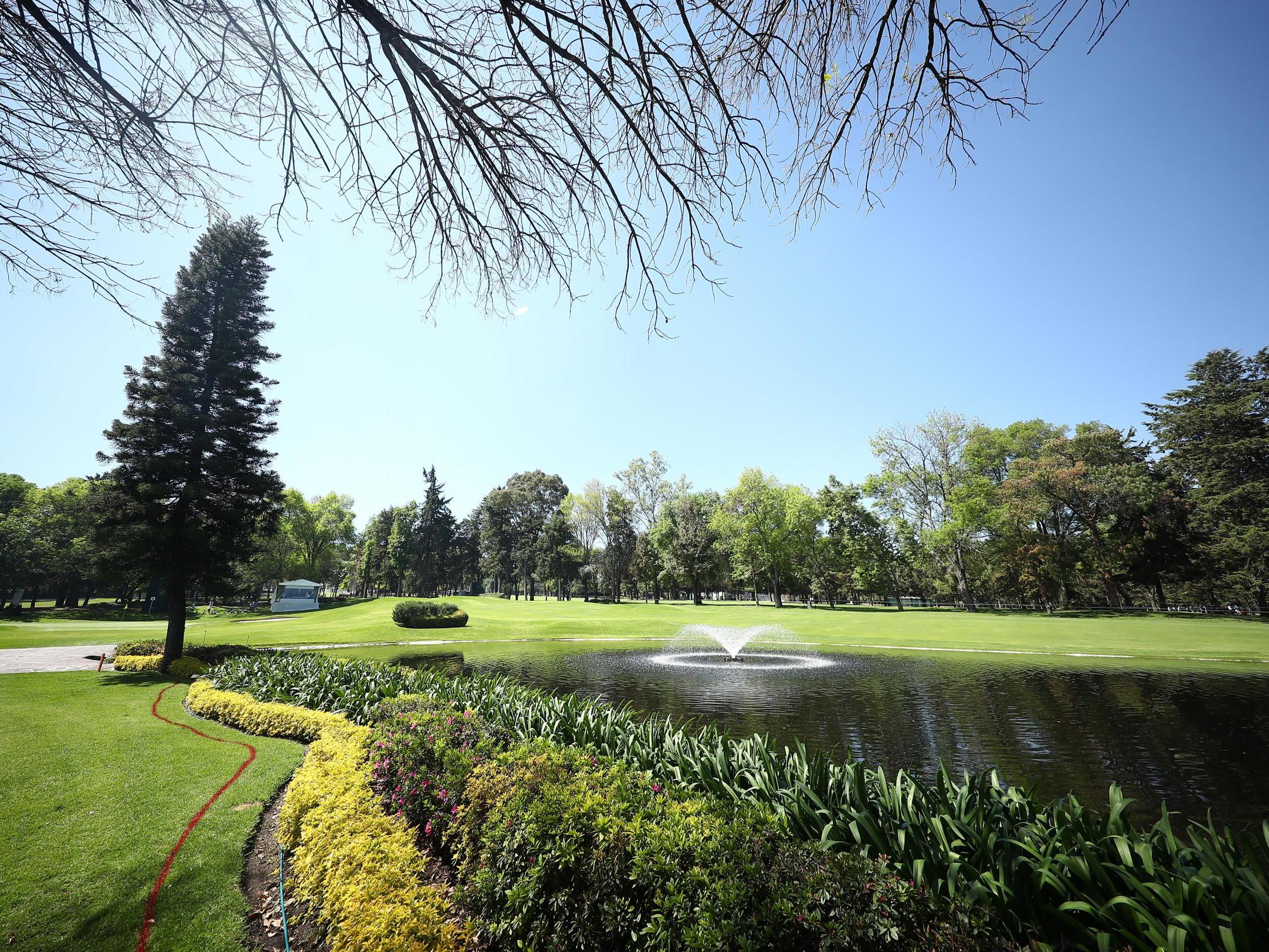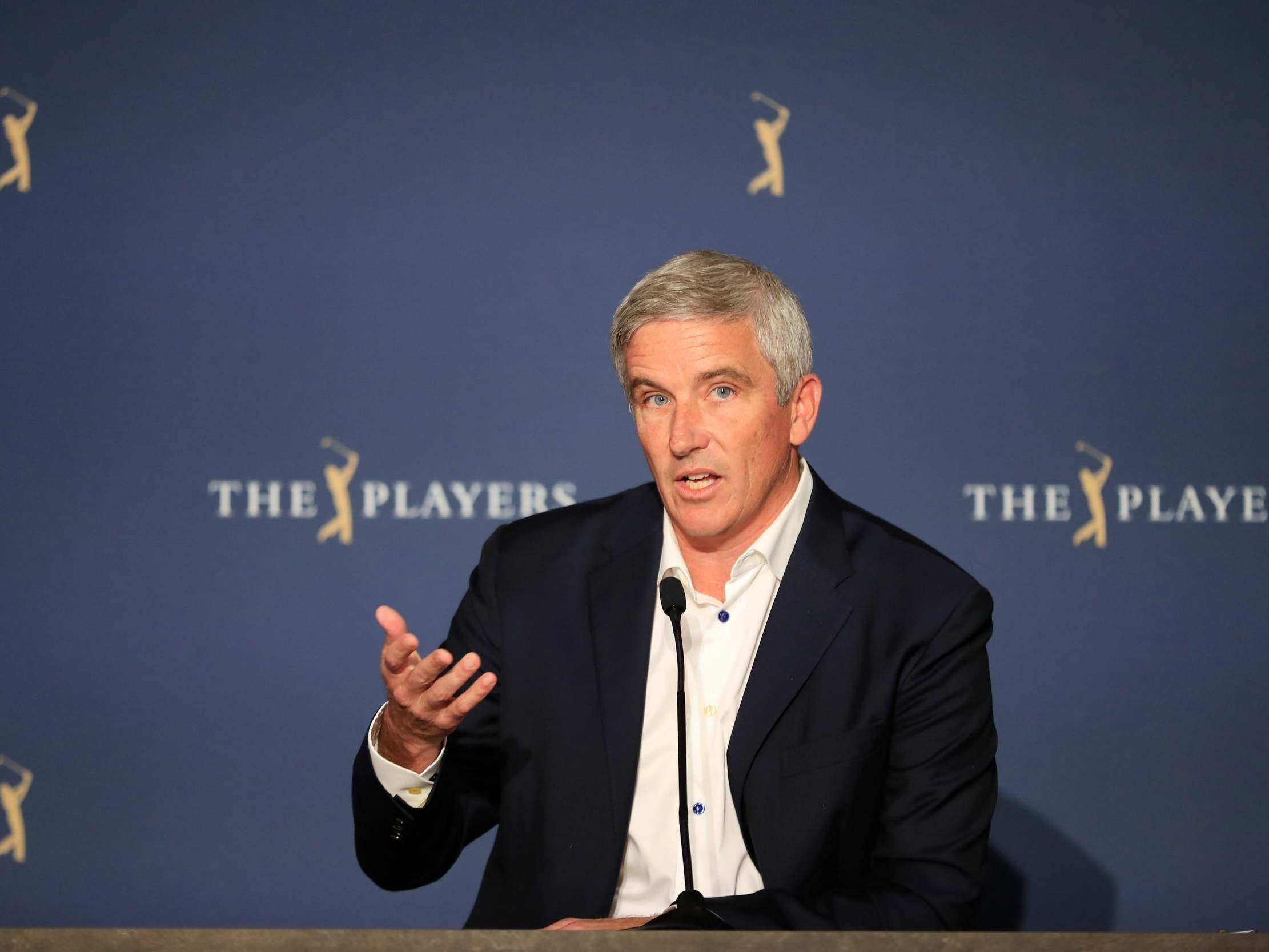The PGA Tour is returning in June – but is it ambitious or simply wrong?
Golf will restart in Texas despite reservations from players and medical professionals, writes Tom Kershaw


Perhaps, it is no surprise the sport renowned for its solitude shall be one of the first to attempt a return “behind closed doors”. After all, golf is defined by its propensity to survive in small country club enclaves, where cliques avoid one another, tee-times are separated by 10-minute intervals, and a selling-point of exclusivity can be suitably married with the stranding measures of social distancing.
In Austria, it has already become one of the first forms of leisure to make its revival after lockdown measures were loosened. In America, some states are belligerently keeping their courses open, insistent that this neutered form of nature is immune to the devastating impact of a virus shattering life across the country.
So on Thursday, in a move considered anywhere between wildly optimistic and aggressively delusional, the PGA Tour’s commissioner, Jay Monahan, announced his ambitious blueprint to restart professional golf in June. “Today’s announcement is another positive step for our fans and players as we look toward the future,” he said.
To many, including a number of players, the timing of the announcement was bewildering, if not willfully blind. “I’m not thinking about golf at all right now,” world No 2 Jon Rahm – whose family are under quarantine in Bilbao, Spain – told The Independent last month. “It could just be that we scrap this year and start again.”
Nevertheless, the players will be expected to reconvene at Colonial Country Club in Texas on 11 June, despite the state recording almost 20,000 confirmed cases of Covid-19 since the beginning of the outbreak. Whether that is even logistically possible, with Governor George Abbot currently imposing a mandatory quarantine on arrivals from certain areas in the US, remains a hurdle to be jumped – by a private jet one would assume.
Supporters will be barred from attending at least the first four events, while the Tour is confident coronavirus testing will be in place to ensure the safety of competitors. Those players are technically under no obligation to attend but – while many may feel uncomfortable – failure to do so will likely result in a loss of ranking points and could even jeopardise their eligibility for future events.
It is, in essence, the PGA endorsing the position of President Donald Trump to return to a largely functioning US – in an affront to the countless medical warnings suggesting such an approach could have severe consequences.
But while it may feel crass and inconsiderate to focus on sport, particularly one so aligned with riches, for the cogs that prop up golf’s money-spinning machine – namely sponsorships and broadcasting contracts – it’s an urgency borne out of necessity. On a surface level, the PGA Tour’s actions may be seen as a source of vulgarity rather than respite, but the pandemic has already exposed how even the greatest entities are vulnerable to internal collapse. A hasty return and resuscitation of revenue streams are, in effect, their way escaping that possibility before it even comes into focus on the horizon – a reality that its less illustrious sibling, the European Tour, is already having to reckon with.

It’s an argument that may not draw much sympathy during today’s crisis. A move centred solely around finance disguised as a thinly veiled advertisement for sporting relief. But there is a human aspect within golf to consider as well. Many of those tournaments provide a significant boost to the economy of often less glamorous local areas – Augusta National being the obvious example. For the rungs of lower-tier players, whose financial stability rests on those long drives over state lines and stays in cheap hotels, a return to competition will immediately help bind their livelihoods back together.
It is the same dilemma being faced not just by countless sporting bodies and organisations, but businesses at every end of the spectrum. Hindsight may not shine kindly on the PGA Tour, whose position of grandeur has always kept it at a social distance to the majority of society, but ultimately, their rush to return to normality is one that’s being mirrored in every walk of life.
Join our commenting forum
Join thought-provoking conversations, follow other Independent readers and see their replies
Comments